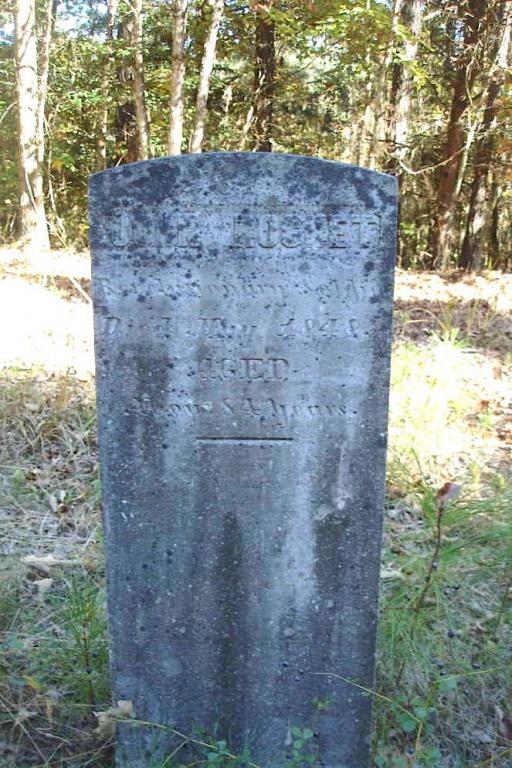John ROCKETT
SAR Patriot #:
P-280810
The following information was assembled from numerous sources and cannot be used directly as proof of Qualifying Service or Lineage.
It is considered a research aid and is intended to assist in locating sources that can be used as proof.
State of Service: SC
Qualifying Service: Sergeant
DAR #: A097780
Birth: 16 Apr 1764 / / VA
Death: May 1848 / Burke / NC
Qualifying Service Description:
- Sergeant, South Carolina
- Private; Lt Gindraw, Capt Carter, Colonel Purvis
Additional References:
- Pension # S7412
- DAR RC # 827774; #1003487
- Roster of South Carolina Patriots in the American Revolution, pg 825
- "Rockett (& Other) Families" by John Franklin Rockett, pg 52, 53, & 61
- North Carolina, Marriage Records, 1741-2011, Tryon and Lincoln, Marriage Bonds 1779-1867
- Southern Campaign American Revolution Pension Statements and Rosters, Transcribed by Will Graves, 11/30/09
- The American Revolution, 1763-1783, Rev War: The Southern Phase, 1778-1781
Spouse: Sarah Abernathy
Children: Urban; Middleton; John; Elizabeth;
Members Who Share This Ancestor
| Date Approved | Society | ACN | SAR Member Info | Lineage via Child | View Application Detail | |
|---|---|---|---|---|---|---|
| 2006-04-10 | AZ | 21653 | Richard Taylor Perry (166817) | Urban | ||
| 2007-08-08 | AZ | 28796 | James Webb Rockett (169568) | Urban | ||
| 2017-09-08 | NC | 76944 | Larry Thomas Rockett (204469) | Middleton | ||
| 2017-09-08 | NC | 76945 | Gary Keith Rockett (204470) | Middleton | ||
| 2017-09-08 | NC | 76946 | Jefferson Daniel Rockett (204471) | Middleton | ||
| 2022-09-30 | NM | 101967 | Robert Edward Vance (220709) | Elizabeth |
Burial:
Location:
Rutherford College / Burke / NC / USA
Find A Grave Cemetery #:
Marker Type:
Upright, stone, arched top, aged
SAR Grave Dedication Date:
Comments:
Photo displayed courtesy of Alison, Find-a-Grave Member#47595328
Directions to Cemetery / Gravesite:
- no Find-a-Grave GPS Coordinates provided for this cemetery
- location may be private property. It is located on a dirt road about 1.7 miles from Decker Ridge Church Rd. Take I-40 exit 113, and turn toward Rutherford College. Go to Stoplight at Hwy 70, turn right, Go 1.6 miles, turn left on Rhodhis Rd. Go 1.8 miles, to Oak Ridge Church Rd. Turn left, then Immediately turn right onto Decker Ridge Church Road, go 1.1 miles, you will be under a high-voltage lines, turn left on dirt road and go 0.2 miles to a cable across road, park and walk in to the cemetery (about 1.5 miles) on a bluff overlooking the Catawba River. Directions provided by http://www.cemeterycensus.org/nc/burk/cem114.htm
